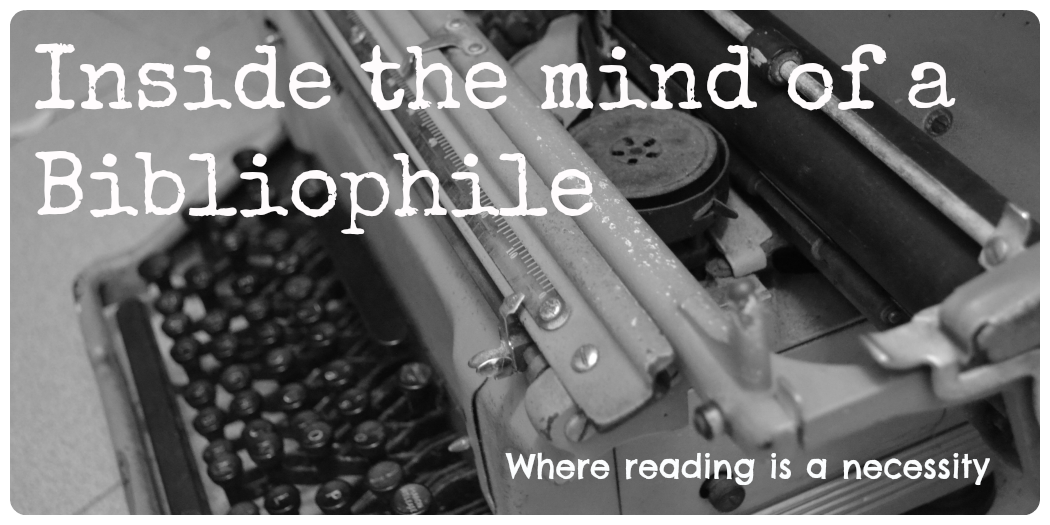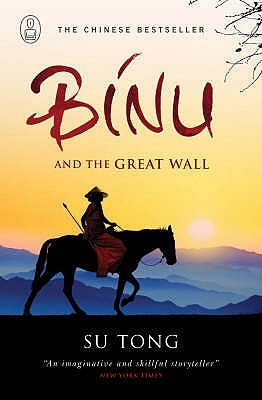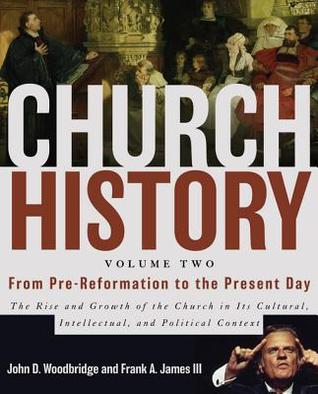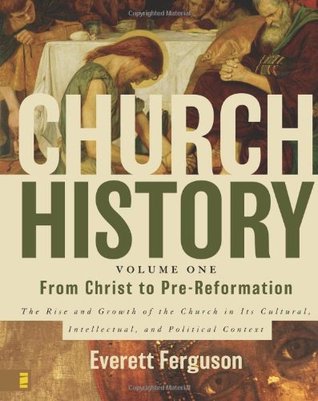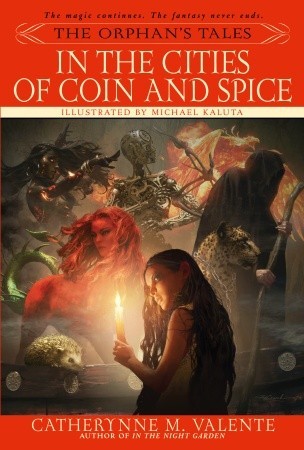 One good thing about having author friends is that if you fall in love with one of the series they write, you get early access to their books! I've been following the World on Fire series since the first book, Raven's Peak, and I'm so excited that Raven's Rise will be coming out today!!
One good thing about having author friends is that if you fall in love with one of the series they write, you get early access to their books! I've been following the World on Fire series since the first book, Raven's Peak, and I'm so excited that Raven's Rise will be coming out today!!Raven's Rise continues right after the events of Raven's Fall where (spoilers for the previous book) Haatim's father has betrayed the council which resulted in a demon killing almost all of them. Only Haatim, Dominick, Frieda, Haatim's father and one council member remain (Abigail's whereabouts are unknown and a plot point so I shall not spoil that for you).
Out of the three books, I think this is the one where Haatim really grows. In the first book, Haatim was basically scared but had potential. In the second, the focus for him was on family. In this, however, he takes a much more active role and learns a great deal more about the gift that he has.
And speaking of learning, the reader is going to learn a lot in this book. I thought I was pretty used to this world, but Lincoln Cole just proved that I knew nothing with quite a few explosive revelations about the council and Abigail's history. Even though I was surprised by it, I totally bought the new information too, so everything built on the previous books rather nicely.
If you're a fan of horror and for some reason you haven't picked up this series yet, you absolutely have to. The first two books are already out, and this third book will be out soon, which provides the perfect binge reading opportunity.
But you might want to limit it to daytime reading.
Disclaimer: I got a free copy of the book from the author, who (like I mentioned above), I know.
